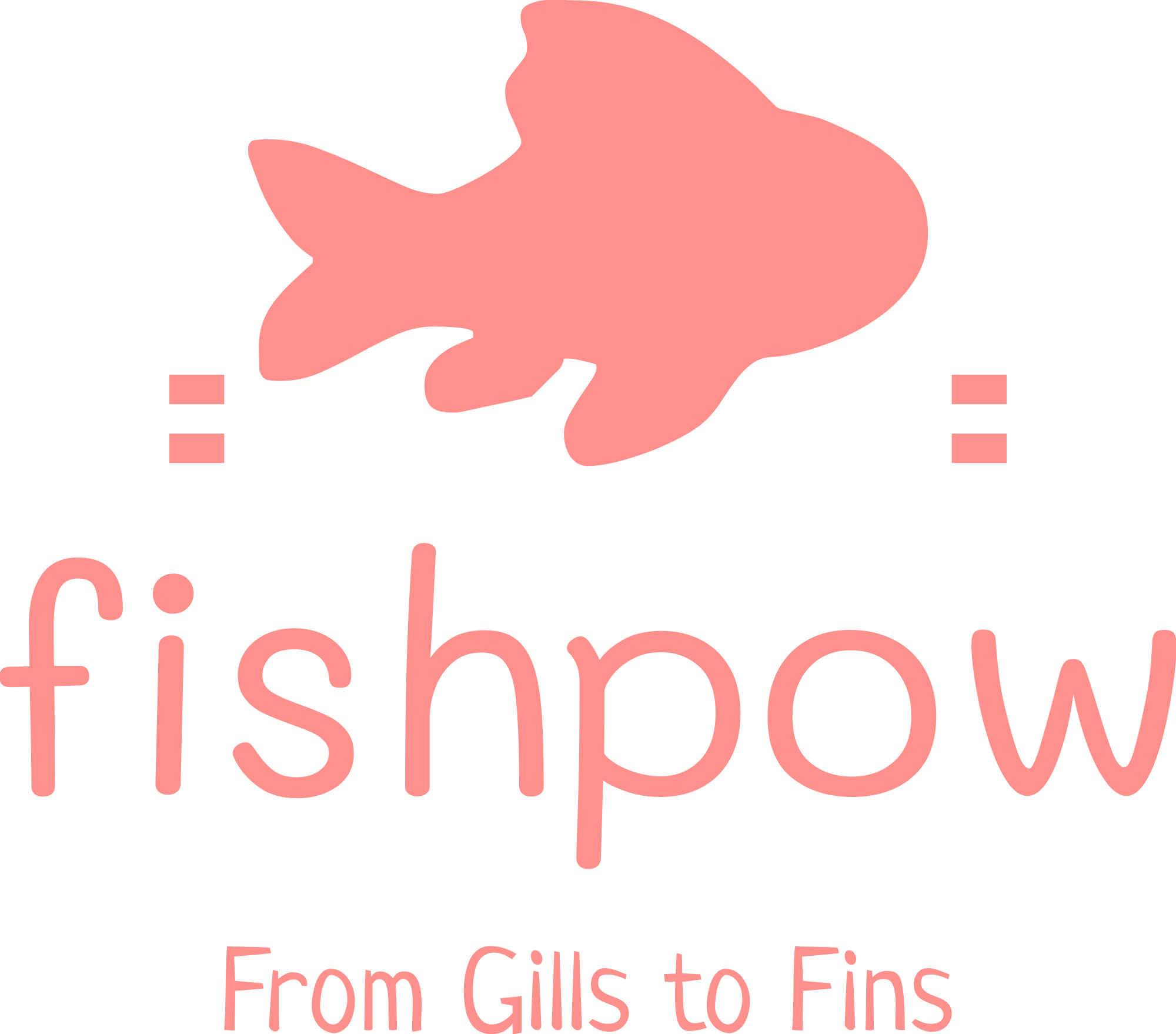Swai fish, also known as pangasius or bassa fish, has become a popular choice in the seafood market due to its affordability and mild flavor. However, there are several reasons why some health-conscious individuals consider swai fish to be less desirable than other seafood options. In the following 800 words, we will explore the potential health concerns associated with the consumption of swai fish, including issues related to its production, nutritional value, and environmental impact.
Table of Contents
1. Quality and Source of Swai Fish:
One of the primary concerns regarding Swai fish is the quality and source of the product. Most of the swai fish available on the market are imported from countries such as Vietnam, where regulations governing aquaculture practices may not be as stringent as some other regions. This lack of inspection can lead to variability in the quality and safety of fish.
In some cases, swai fish may be raised in overcrowded and unsanitary conditions, increasing the risk of disease transmission and leading to the use of antibiotics and other chemicals to mitigate these issues. Consumers should be cautious about the source of swai fish and choose products that come from reputable and well-regulated farms.
2. Nutrition Profile:
Another issue with swai fish relates to its nutritional composition. Although it serves as a valuable source of protein, its omega-3 fatty acid content is relatively low compared to seafood options such as salmon or mackerel. Omega-3 fatty acids are important for maintaining heart and brain health, and the limited presence of these essential nutrients in swai fish means that it may not provide the same cardiovascular benefits as other fish varieties.
3. Pollutants and Toxins:
Concerns have also been raised about pollutants and toxins in swai fish. Some studies have found traces of antibiotics, pesticides, and heavy metals in imported swai fish. These substances can be harmful to human health if consumed in excessive amounts.
To reduce these risks, consumers should be selective about the source and origin of their swai fish. Products that adhere to strict safety and quality standards are less likely to contain harmful contaminants.
4. Sustainability and Environmental Impact:
Environmental sustainability is an important consideration when making a choice about seafood. The practice of swai fishing has given rise to legitimate environmental issues, such as degradation of habitats, water pollution and the use of unsustainable farming methods.
Swai fish are often farmed in large, intensive operations that can have negative effects on local ecosystems. Excessive use of antibiotics and chemicals in some swai fish farms can release these substances into the surrounding environment, causing damage to the aquatic ecosystem.
Consumers who prioritize sustainability should look for seafood products that carry certification from organizations such as the Marine Stewardship Council (MSC) or the Aquaculture Stewardship Council (ASC), which recognize responsible and sustainable fishing and aquaculture practices. Promote.
5. Allergy Concerns:
Like many other seafood choices, swai fish can also cause allergic reactions in some individuals. Fish allergies can be serious and potentially life-threatening. Individuals with known fish allergies should exercise caution when consuming swai fish or any other type of fish and seek medical advice if they suspect an allergy.
6. Processing and Preparation:
The way swai fish is processed and prepared can also affect its nutritional value and safety. For example, deep-frying can significantly increase the calorie and fat content of swai fish dishes, making them a less healthy option. It is recommended to choose cooking methods that preserve the nutritional integrity of the fish, such as grilling or baking.
7. Personal Health and Dietary Considerations:
Ultimately, whether or not swai fish is “bad” for you depends on your personal health and dietary considerations. Some people may find that swai fish fits well into their diet, especially if they prioritize affordability. However, others may have specific dietary restrictions or concerns that lead them to prefer other seafood options with a more favorable nutritional profile and sourcing practices.
Check out Swai Fish: 12 Interesting Facts
Conclusion:
while swai fish can be an accessible and economical source of protein, there are legitimate health concerns associated with its consumption. These concerns include quality and source, nutritional content, potential contaminants, stability, allergy risk, and variability in processing methods. Like any food option, the list for consumers

